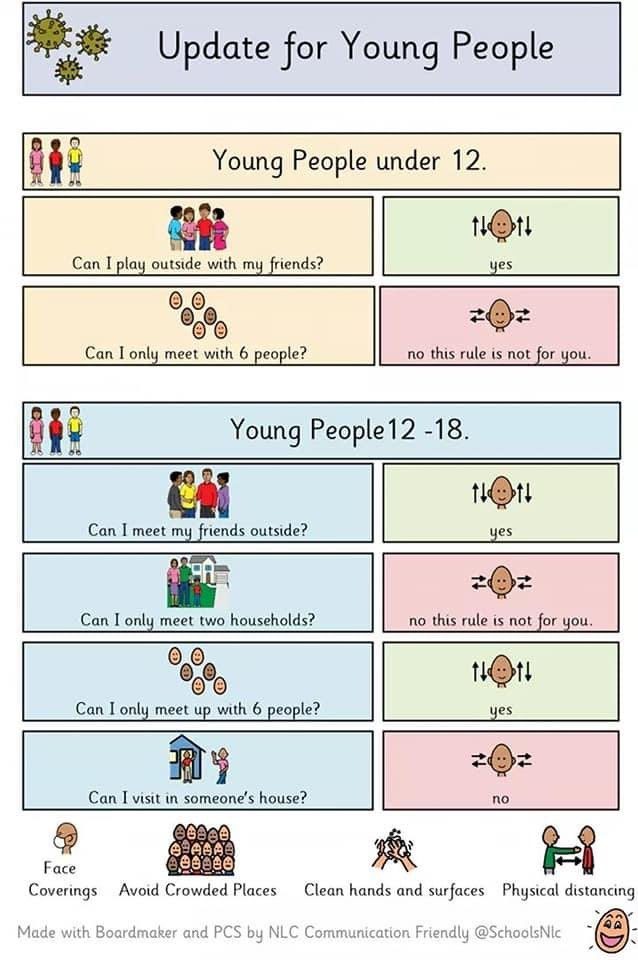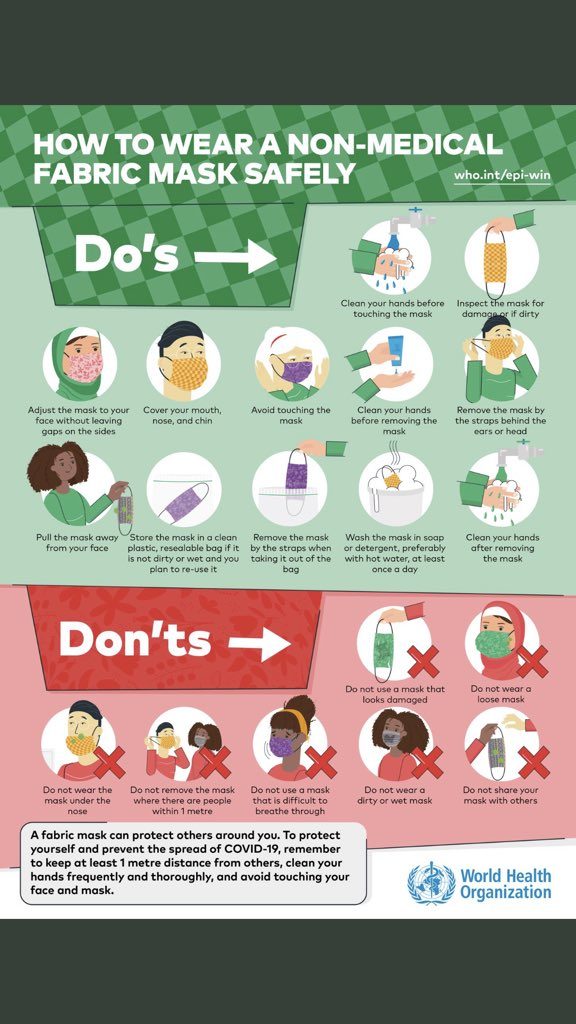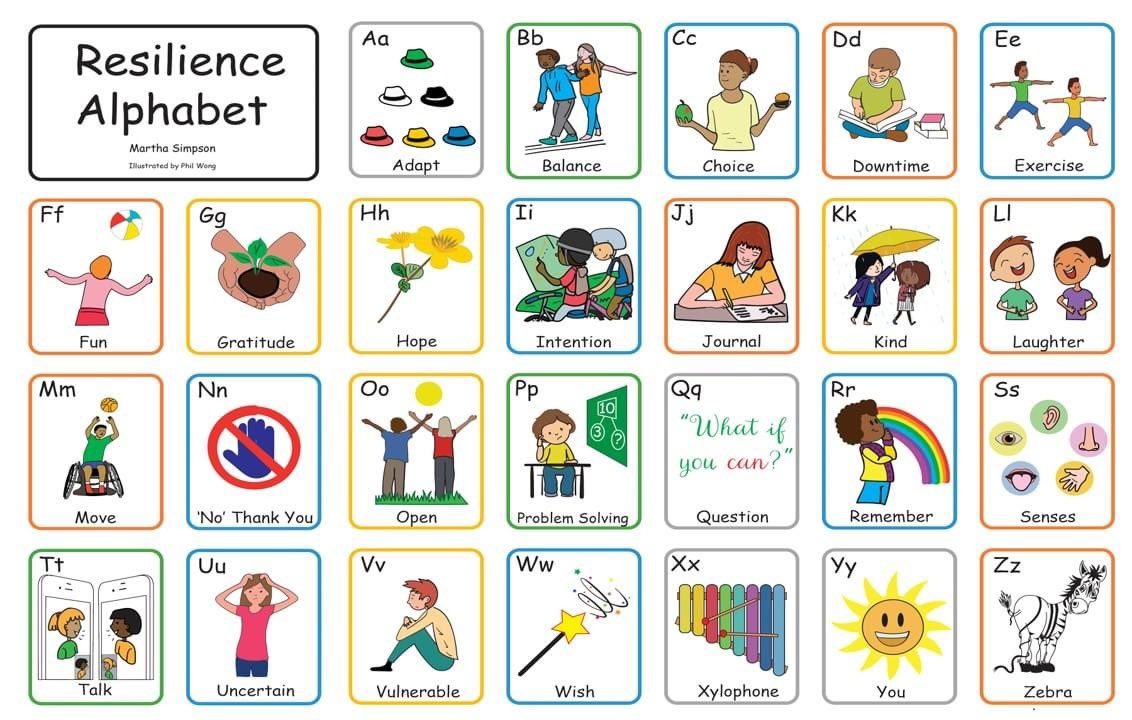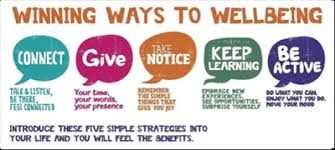These pages were originally provided between March and September 2020. We encourage ongoing use of the resources and advice provided from January 2022 as the coronavirus pandemic continues. The content will be updated. If you have discovered great advice or materials you would like us to know about please send these to our email address in the contact details section.
Educational Psychology Advice
For some parents they may wish to seek additional specific advice from the Educational Psychologist. This would normally be for parents of children who have current involvement. They can be contacted by phone on 01324 506600 but check this website for details as this may be subject to change.
Promoting Learning for All
Back to School guidance from the National Parent Forum of Scotland
Education Scotland have provided Scotland Learns with a range of ideas and suggestions of activities to help parents and carers choose activities to support their child’s learning at home. The activities are aimed at a variety of ages and new activities will be added weekly. They have a weekly newsletter for parents and carers also has additional ideas, hints and tips and links to other useful resources.
Education Scotland provide a weekly newsletter for parents and carers – see previous and current issue here.
Education Scotland have a bank of resources for parents to support children and young people with complex learning needs learn at home. The resource bank is regularly updated.
Learning at home websites is a hand-out with useful websites
The Parent Club website has a range of advice for parents on learning and health.
Making learning active and fun is important. Play is essential for children’s development. During crisis, play has a significant therapeutic role, helping children recover a sense of normality and joy. The International Play Association have provided a range of information and ideas for parents and carers to support children’s play.
Play Scotland have launched a Home Play Pack to support organisations working with children and families:

The Forth Valley & West Lothian Regional Improvement Collaborative have provided a list of recommended numeracy/maths websites that can be used for learning at home. FV&WL RIC Home learning (1)
Falkirk Council Early Years Central Team are posting weekly ideas and online resources via their blog.
Supporting home routines and learning from Education Endowment Foundation
Useful advice from Triple P for all parents (some parents in Falkirk have taken part in a Triple P Positive Parenting Program).
Resources for young people

Young Scot have produced a range of information for young people, to help them to understand simple preventative steps, manage their worries and help others in their community. This includes the AyeFeel emotional wellbeing resource from Young Scot and Scottish Government.
Teenage mental health resources ![]()
My World of Work has updated information and contacts for those concerned about future education, employment or training. The ‘learn and train’ section has access to a range of online learning resources, recently increased.
The Children’s Commissioner has published the children’s guide to Coronavirus, giving information to assist understanding the virus, how to manage worries and ideas of ways to keep busy. cco-childrens-guide-to-coronavirus
Advice to assist speaking to children about Coronavirus from the British Psychological Society.
Advice to assist speaking about the uncertainty of school closures from the British Psychological Society.
Advice for keyworker parents and their children The British Psychological Society has provided booklets called When your parent is a keyworker – advice for children and young people and Advice for keyworker parents, helping your child to adapt.
Changes to coronavirus restrictions
Changes will be made to the restrictions in place over time. There remains uncertainty about what changes will be possible and when. This uncertainty can affect adults and children as well as the continuing restrictions and impacts of the coronavirus making our lives difficult for different reasons.
Current coronavirus restrictions

How to wear a fabric mask safely

Targeted Support for Particular Reasons for Additional Support
The Educational Psychology Service publishes advice and materials that is available for teachers and practitioners. For those of you supporting your children’s education at home you may find the information on these pages helpful. They are organised with an A-Z of topics. The original aim of that section was for practitioners.
Below is some materials and links more specifically aimed at parents with children who have additional support needs. Please feel free to use these resources with your child.
Children with Autistic Spectrum Disorder and other neurodevelopmental disorders
“Pandemics and the Corona Virus,” A Social Story for Older Children by Carol Gray
Autism and the Corona Virus – Tips from Peter Ver Meulen
Helpful Visuals to explain the Corona Virus
Scottish Autism Advice Line ( General Advice not specific to Corona )
Tues – Fri 10am till 4pm 01259 222022
Hand washing Visuals for Children
“How I can Help!” A Social Story on handwashing by Carol Gray
Social Stories

The-Corona-Virus-Free-Printable-

Social Distancing Story School Closure Toolkit –
The-Corona-Virus-Free-Printable-
Books for children to help explain coronavirus
Book to help young children understand and feel reassured available in 25 different languages
Book for primary aged children
Resources to support returning to school
Returning to school in a bubble and Returning to school in a bubble (video)
![]() have provided a response to frequently asked questions about the reopening of schools and Early Learning & Childcare settings
have provided a response to frequently asked questions about the reopening of schools and Early Learning & Childcare settings
Children and families who use British Sign Language
A range of resources to assist learning at home and supporting children’s health and wellbeing is available here
Supporting access to learning for children with additional support needs
CALL Scotland (Communication, Access, Literacy & Learning) based at the University of Edinburgh have a range of materials to help children and young people across Scotland to overcome disability and barriers to learning including assisting with specially selected android and iPad Apps:
- Android Apps for reading and writing difficulties (including dyslexia)
- iPad Apps for reading and writing difficulties (including dyslexia).
- iPad Apps for children/young people with numeracy difficulties (including dyscalculia).
- :Android Apps for Complex Communication Support Needs,
- iPad Apps for Complex Communication Support Needs,
- iPad Apps for Learners with Complex Additional Support Needs

Addressing Dyslexia have provided guidance and links for supporting children & young people in their learning & wellbeing at home during covid-19.
Mental health & Wellbeing
Looking after our mental health during this time is as important as looking after our physical health. Looking after our mental health is important for children, young people and adults.
It is likely that we and those around us will experience lots of different feelings over the time of changes in our lives due to Coronavirus. The pictures below show some of the different feelings and the way these can change.


There are different ways that we can look after our mental health and wellbeing. Each person will benefit from different ways. Sometimes we need to try different ways to find out what helps us most.
The World Health Organisation (2020) have a booklet you can download called Doing What Matters in Times of Stress. There are also audio files provided for the sections of the booklet.
Clear your head has tips and ideas as well as links to other support
NHS Inform includes advice about physical and mental health
Top tips to improve your mental wellbeing
“Some day: A Story of Hope for Children,” by Carol Gray
Resilience
Maintaining our general resilience (‘bounce-back’) is important so that we can manage when we stressors or negative life experiences. Although many factors can be associated with resilience, there appear to be three fundamental building blocks that underpin a resilient child.
- A secure base and sound attachments with carers providing the child with a sense of belonging and of security.
- Good self–esteem providing a sense of self–worth and of competence.
- Self–efficacy or a sense of mastery and control, along with an understanding of personal strengths and limitations.
Daniel and Wassell (2002) have developed these three building blocks into a framework with six domains to assist strengthening these building blocks.

- Secure base We know it is more difficult to make sure
- Education we have these building blocks in our lives
- Friendships at this time. Keep thinking of new ways
- Talents and interests to make sure you have a little of each of
- Positive values these each day.
- Social Competencies
Being resilient is all about how well you deal with and cope with difficult situations, which we are all facing at this time (May 2020) If you are resilient, you have the skills to bounce-back or recover from these difficulties. The Resilience Alphabet can be used in lots of different way to develop these skills. See ideas here.

The Journey: Adventures in Resilience is a resource from Education Scotland written for 13-16year olds.
Sleep
Sleep continues to be very important to help our mental and physical health at this time. It may be more difficult to get to sleep if you have not been as active as you usually are or have worries that you are thinking about. General advice about sleep is available from Sleep Scotland.
Anxiety self help guide provided by NHS inform. this self-help guide is intended for people with mild-to-moderate symptoms of anxiety. Working through this guide will take 30-40minutes. It is split into parts so can be worked through on different days.
There are a range of mental health apps – more information is available from this link
Practical approaches
Relax Kids has a range of resources including a free family calm pack and the following family wellbeing sheet –

The Centre for Confidence and Wellbeing website has lots of resources to help improve wellbeing of children, young people and adults. Some activities to try include the three blessings exercise, pearls & happiness tips.
Guided relaxations for adults and children
The Mind website has practical advice and checklists on wellbeing in relation to Coronavirus.
The Breathing Space phone helpline hours have been extended during this time.
“Watching a pandemic on television,” a Social Story by Carol Gray to help children make sense of all the information coming into their homes via the television.
Smiling Mind is a free app with lots of practical ways to stay clam and healthy inside your mind (adults and children).
Spending time on electronic devices and staying safe online
Some of the learning and activities that children and young people will be engaging in will involve them being on screens/electronic devices (computer, internet, gaming etc).
Staying connected with friends and family is important and one way to do this is through online/video chats.
It is important to manage the amount of time that children and young people spend on screens to avoid them missing out on other positive valuable activities (eg. exercise, range of hobbies, spending time with others). We know that too much time can be negative for mental health and sleep.
Mind Yer Time was designed by children and young people from the Children’s Parliament and the Scottish Youth Parliament to support everyone who loves social media and screen time. There’s positive tips, stories and information for children and young people, to help them use screen time positively.
We need to ensure that children are safe when they are online. The following places have advice on staying safe online:
- The Police Scotland website has links to many other sites that give advice
- NSPCC
- Childline
UK Safer Internet Centre have provided guidance on safe use of the Houseparty App
Parenting
 Multiple online, self-directed modules for parents for children/young people of all ages and specific modules for children/young people with additional support needs. Free access using the code TARTAN
Multiple online, self-directed modules for parents for children/young people of all ages and specific modules for children/young people with additional support needs. Free access using the code TARTAN
Bereavement
For some children and families, the coronavirus will very sadly mean that people they know and love will die.
The following websites have a range of resources to assist children and families when someone they know dies, including advice about when a death is a result the coronavirus:
At this time, it is not possible to mark the passing of loved ones and say goodbye in the ways we might wish. The British Psychological Society has suggested some ways that we can remember family and friends who sadly die at this time. For these ideas see Continuing Bonds


